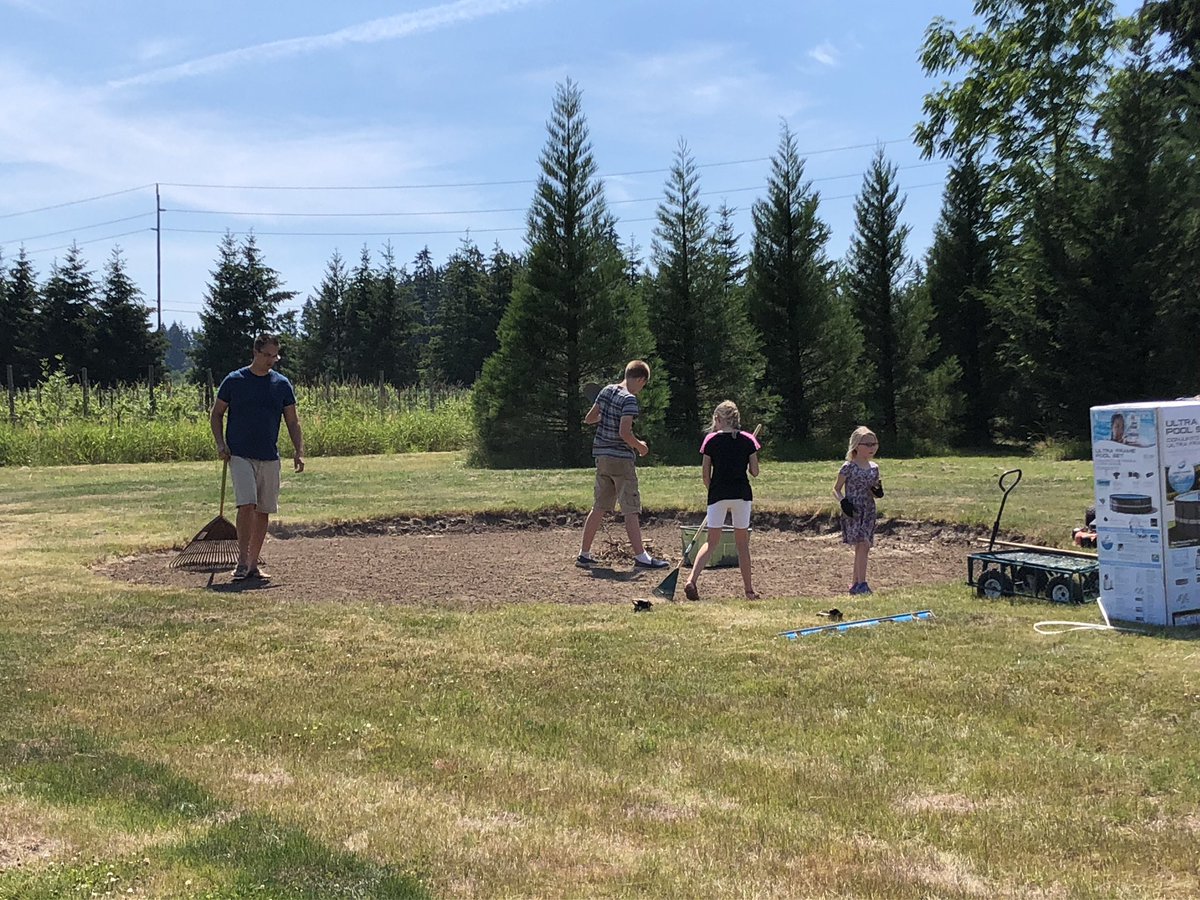
Life is ultimately calmer when one faces their problems head-on instead of avoiding them. You can avoid problems for quite a while, but in my 30s I had to face many of them. They eventually will catch up to you.
But don't do hard things alone.
Get a counselor, therapist, doctor, pastor, or life coach (depending on the situation). Or even just a close friend.* Have someone on your side.
(*Don't expect too much from friends. They're friends, not taking the place of trained pros.)
Get a counselor, therapist, doctor, pastor, or life coach (depending on the situation). Or even just a close friend.* Have someone on your side.
(*Don't expect too much from friends. They're friends, not taking the place of trained pros.)
Build your conflict resolution skills! So many of my problems came about because I didn't know how to resolve conflicts effectively.
I see this in my friends. They suffer for weeks because they don't want to have one hard conversation. Or make commitments they can't keep.
I see this in my friends. They suffer for weeks because they don't want to have one hard conversation. Or make commitments they can't keep.
Speaking of friends, be very intentional about who you spend your time with.
You're giving them access to your thoughts and influence over what you believe and your values. No matter who they are, they will have some effect on you.
Spend it with people you respect and admire.
You're giving them access to your thoughts and influence over what you believe and your values. No matter who they are, they will have some effect on you.
Spend it with people you respect and admire.
There's a Proverb that says "As iron sharpens iron, so one person sharpens another."
I ran my business with little accountability for ten years. I have grown far more when I merged with another company and had to compromise with my co-owners instead of "command subordinates."
I ran my business with little accountability for ten years. I have grown far more when I merged with another company and had to compromise with my co-owners instead of "command subordinates."
• • •
Missing some Tweet in this thread? You can try to
force a refresh








